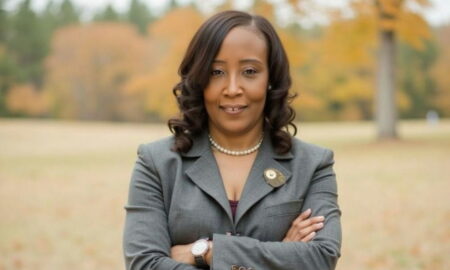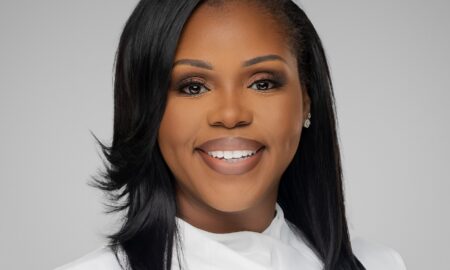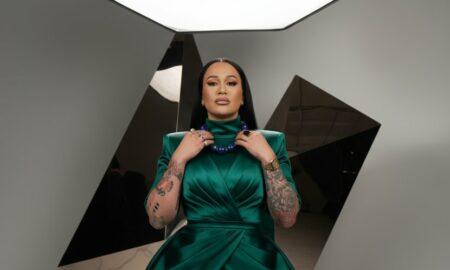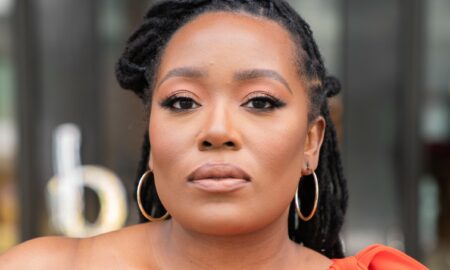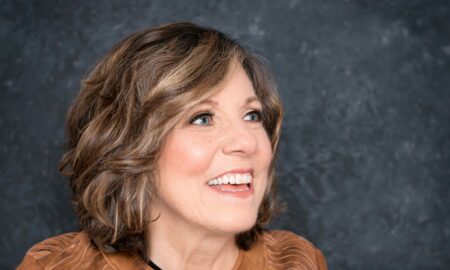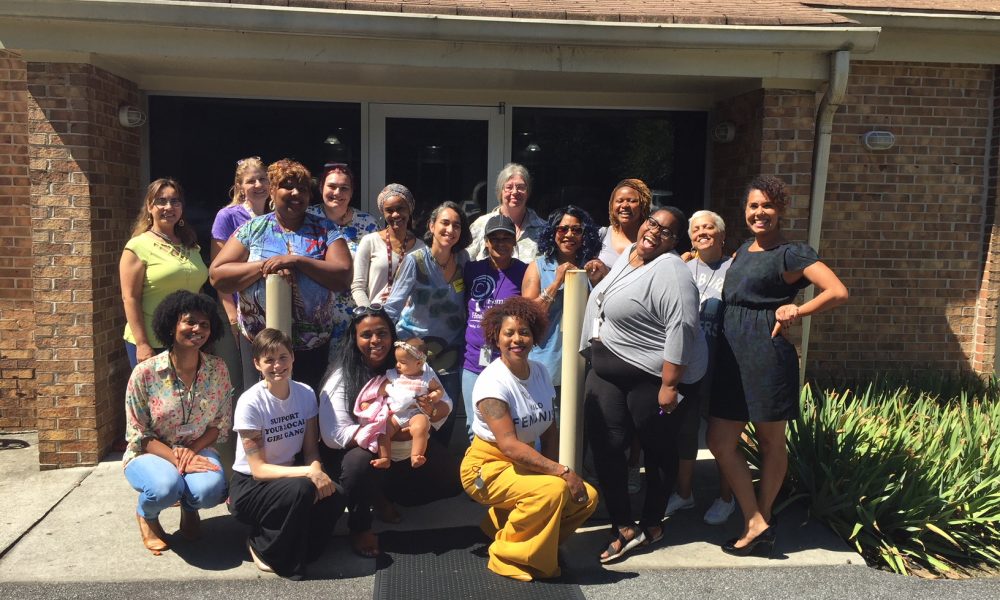

Today we’d like to introduce you to Kwajelyn Jackson.
Kwajelyn, please share your story with us. How did you get to where you are today?
I am originally from St. Louis, MO, but have lived in Atlanta since 1998, when I came to Spelman College. Spelman is a historically Black college (HBCU) that was founded specifically for Black Women. That is where is learned about Black Feminist Thought and began to understand all the ways that Black women can show up in the world. I majored in Economics and minored in dance.
When I finished in 2002, was able to turn my various internships into a full-time position at what was then First Union Bank (now Wells Fargo) in Community Development Finance. I joined this particular department because it seemed to be the most mission centered and community focused part of the bank, working on affordable housing and economic investment in low-income communities. During this time, I was also able to earn my Master’s degree from Georgia State University’s Andrew Young School of Policy Studies.
After several mergers and the financial crisis of 2008 and 2009, I resigned from banking to pursue non-profit social change work that was more connected to communities. In 2010, I began interning at WonderRoot Community Arts Center, where I eventually became the program manager and art center manager, coordinating volunteers, art classes, internships, and youth programs until 2013.
After leaving WonderRoot, I was hired as the Community Engagement Coordinator at Feminist Women’s Health Center. I was shortly promoted to Community Education and Advocacy Manager, leading our volunteer and internship programs, community outreach programs, and public policy work. In 2018, after the retirement of our former executive director, I was named co-director, then interim executive director, and ultimately permanent executive director of the organization. This makes me the first Black woman to lead this organization in its nearly 43-year history.
Overall, has it been relatively smooth? If not, what were some of the struggles along the way?
I have certainly faced obstacles and challenges all along the way. My time at the bank was miserable at times as I watched people who look like me being displaced from their homes and apartments, through no fault of their own. Though I was completely committed to the mission and vision of WonderRoot while I was there, it was an extremely difficult work environment that changed the way I saw myself professionally.
And of course, working in reproductive justice at an organization that provides abortion care is not without risk. Taking over a long-standing, well-established organization like FWHC was not an easy feat, and when I came into leadership we had some significant rebuilding to do internally. I think one of the hardest things to overcome has been holding a position of power in an institution, when so much for the social justice background I was rooted in taught me to question power and disrupt systems. Learning what things to dismantle and what things to uphold has been hard for me. I want to fight for my colleagues, for our patients, for our communities, and nothing about that work is easy.
Please tell us about the Feminist Women’s Health Center.
Feminist Women’s Health Center (FWHC) is a Black woman led, independent, non-profit, multi-generational, multi-racial reproductive health, rights, and justice organization committed to a vision of accessible and judgment-free reproductive health care and access in the South for all who need it. Founded in 1976 in Atlanta, GA, FWHC offers compassionate abortion care as part of comprehensive reproductive health services and works to improve access for traditionally underserved communities. Using an intersectional reproductive justice approach, Feminist Center’s services and programs aim to meet the unique needs of people of color, low-income, Spanish-speaking, immigrant, refugee, and LGBTQIA+ clients. More than a health care provider, Feminist Center has been an advocacy leader at the state policy level, and at the national level through coalitions and partnerships, for the past two decades, defending against any attacks on reproductive rights and advancing proactive policy to achieve reproductive justice.
We work in coalition with reproductive health, rights, and justice organizations locally and nationally towards a vision of collective liberation for our communities and families. I am incredibly proud of the way our staff and board of directors work tirelessly to center the most marginalized in everything we do. We are working to improve our services and programs, grow our local and national impact, and build a sustainable legacy of social change.
If you had to go back in time and start over, would you have done anything differently?
I really believe that all of the choices and opportunities I have faced in my life have led me here. Each point, no matter how challenging, has given me a piece of what I need to be where I am right now. As stressful as my life and work can be at times, I would not choose anything different for myself. I am so fortunate to have a career that I deeply love and am committed to with my whole heart, a career that I can be proud of. Working in complex and contentious issues like racial justice and reproductive justice can feel overwhelming at times. But I know that the work I do every day, even the smallest tasks, are contributing to this larger whole that is going to get us free.
Contact Info:
- Address: 1924 Cliff Valley Way NE
Atlanta, GA 30329 - Website: https://www.feministcenter.org/
- Phone: 4047287900 (clinic) or 4042485445 (admin)
- Email: info@feministcenter.org
- Instagram: https://www.instagram.com/feministcenter/
- Facebook: https://www.facebook.com/FWHC.Atlanta/
- Twitter: https://twitter.com/FWHC
- Yelp: n/a
- Other: https://www.feministcenter.org/surj/








Image Credit:
Fiona Cavanagh, Emily Getsay, Jessica Ma, Feminist Women’s Health Center
Getting in touch: VoyageATL is built on recommendations from the community; it’s how we uncover hidden gems, so if you know someone who deserves recognition please let us know here.













